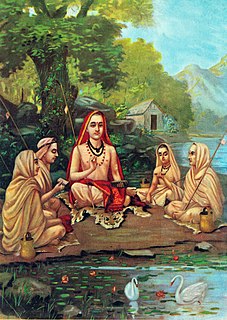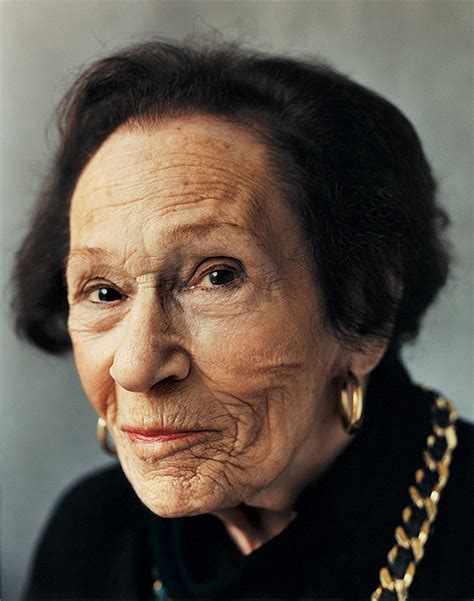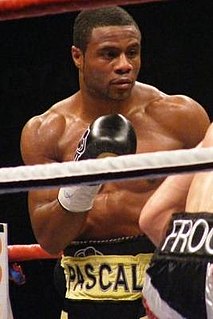A Quote by Aleister Crowley
Dreams are imperfections of sleep; even so is consciousness the imperfection of waking. Dreams are impurities in the circulation of the blood; even so it's consciousness a disorder of life. Dreams are without proportion, without good sense, without truth; so also is consciousness. Awake from dream, the truth is known: awake from waking. The truth is: The Unknown
Related Quotes
A novel is what you dream in your night sleep. A novel is
not waking thoughts although it is written and thought
with waking thoughts. But really a novel goes as
dreams go in sleeping at night and some dreams are like
anything and some dreams are like something and some
dreams change and some dreams are quiet and some dreams
are not. And some dreams are just what any one would
do only a little different always just a little
different and that is what a novel is.
The hermeneutic consciousness, which must be awakened and kept awake, recognized that in the age of science philosophy's claim of superiority has something chimerical and unreal about it. But though the will of man is more than ever intensifying its criticism of what has gone before to the point of becoming utopian or eschatological consciousness, the hermeneutic consciousness seeks to confront that will with something of the truth of remembrance: with what is still and ever again real.







































